Having balanced thyroid hormone levels helps one lead a healthy life. However, unbalanced levels of this hormone might not be as visible in its early stages as one might expect it to be. Hence, it is important to get thyroid tests done on a routine basis.
There are five kinds of thyroid tests that everyone should know about – the TSH, Free T4, Free T3, Reverse T3, and TPO and Tg antibodies. In this article, we will be taking a look at what these five tests are for, why they are important, the thyroid test price, and who should consider getting tested.
5 Thyroid Tests
Before moving on to the various questions around the tests, it is important to know which ones exist in the first place. Here is a list of the 5 tests that compose a thyroid panel test:
- TSH
TSH stands for thyroid stimulating hormone. It is secreted from the pituitary gland and ensures that sufficient thyroid is produced within the body. An increased amount of TSH indicates that the body is not producing and circulating enough thyroid, whereas decreased levels indicate the opposite. The normal level of TSH in a healthy adult body is about 1 to 2 mU/L.
- Free T4
T4 stands for thyroxine hormone. It is secreted from the thyroid gland, and as its name suggests – it is free from being bonded to any protein within the body. It is produced in a larger amount as compared to the Free T3, and its amount of existence depicts whether or not the thyroid is working effectively. The normal level of Free T4 in the body is approximately 1.1 to 1.8 ng/dL.
- Free T3
Free T3 stands for the triiodothyronine hormone. Similar to the Free T4 hormone, it is produced from the thyroid gland too. However, the gland produces a small amount of it. The rest of the Free T3 is obtained by converting T4 to T3. This conversion is carried out in the liver and gut. It is the major active hormone of our body and its normal levels lie within the range of 3.2 to 4.2 pg/mL.
- Reverse T3
While many components of the thyroid are responsible for its stimulation, hormones like Reverse T3 are supposed to act as thyroid receptor blockers. Being an inactive thyroid hormone, it can stop the functions of thyroid hormones. It is often seen to increase when the body has a physical condition, and its normal range lies within 10 to 15 ug/dl.
- TPO and TG antibodies
Antibodies are your body’s way to deal with possible ‘invaders’. Increased production of it may imply the presence of autoimmune thyroid disease. TPO stands for thyroid peroxidase and TG stands for thyroglobulin. The normal levels for these antibodies are less than 4 or negative.
Who should get thyroid tests done?
It is a myth that only symptomatic people should get thyroid tests done. Healthy individuals above the age of 35 should get one done routinely, probably at a gap of about 5 years or so. However, this benchmark might vary based on factors like age, gender, and physical issues.
Several issues might be considered insignificant, but can imply the presence of a thyroid disorder. Hence, if one is suffering from more than one of the following issues that seem to have no explanation for its occurrence they might want to get their thyroid levels tested:
- Fatigue, depression, or anxiety
- Dry skin and hair, puffy face
- Constipation
- Brain fog
- Trouble conceiving
Why should you get a thyroid test?
Running all 5 thyroid tests is crucial to ensure a long lifespan irrespective of the fact whether one has certain symptoms or not. Getting them done on a routine basis allows medical professionals to diagnose conditions like autoimmune diseases at an early stage, which allows better and more effective treatment options for the patient.
It is important to get all 5 components of the thyroid test carried out for a proper analysis of the body. While some people may argue that only testing for TSH and T4 is enough for thyroid analysis, it is far from true.
Other components like T3, reverse T3, and antibodies allow professionals to diagnose several hidden diseases that might get missed by only assessing TSH and T4 levels. Additionally, thyroid test price is quite affordable – hence anyone can get them done easily.
Costs of Thyroid Tests
While it is understandable to worry about the thyroid test price since it comprises 5 tests, the costs fall under the affordable category. It depends highly on the region one belongs to and the clinic where one chooses to get tested.
The thyroid test price typically ranges from Rs. 300 to Rs. 750. It is subject to increase or decrease based on the number of tests included within the package too.
Conclusion
An imbalance of thyroid levels within the body leads to several conditions that hamper one’s health in the long run. While treatment options for such problems exist, getting tested routinely allows people to stop the condition from developing in the first place – thus minimizing the damage done to the body.
Hopefully, this article consists of everything that you need to know about the 5 thyroid tests, why one needs to take them, thyroid test prices, and signs that you might need to get one too.
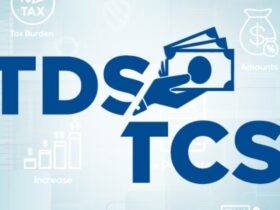













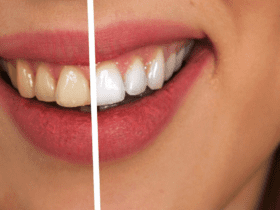
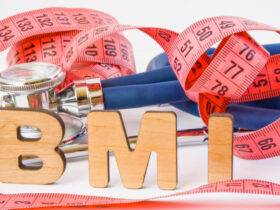
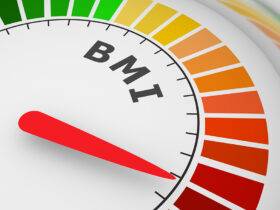
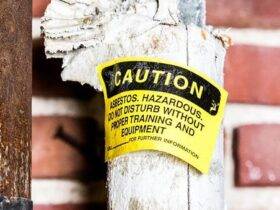






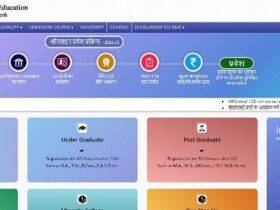

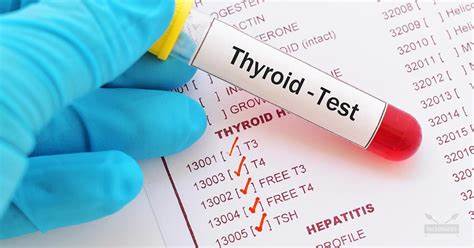


Leave a Reply